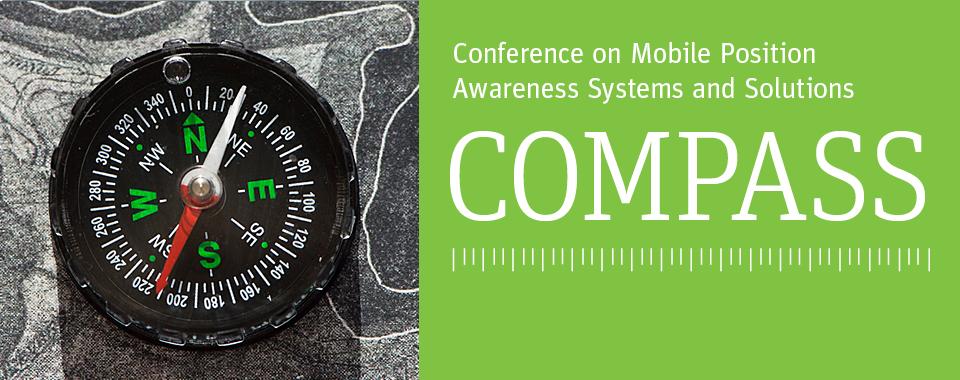New Conference Announced for Location-Based Apps in Museums

Nearly two-thirds of the adult population in the United States own a smartphone (Pew Research, 2015) and three-quarters of smartphone owners regularly use location-based apps on their devices (Pew Research, 2013). Given the ubiquity of smartphones and how familiar it is to use location-based apps, it is not surprising that museums would be eager to use this technology to support, extend, and research the visitor experience.
In the case of science museums that already have technology as a content area – there is a natural synergy in including mobile apps in their interpretive palette. Art museums and natural history museums have similar ambitions to produce smartphone apps using indoor navigation. Though technology is not a content theme for them, their interest is in the potential to enhance the visitor experience and experiment with new kinds of engagement. And for all museums, the chance via the app, to inexpensively and automatically record accurate timing and tracking of museum visits holds much potential for new kinds of visitor research.
Despite this high interest on the part of both museums and visitors, indoor location apps are not common in museums. The challenges have been numerous: lack of reliable information for app design and implementation, limited understanding and few proven concepts of location-based apps for general visitors, and difficulty in identifying expert advisors or qualified partner institutions to collaborate with. This makes even more valuable the current examples of customized location-based apps in museums in the US and abroad. These pioneering projects offer different models for app production and how visitor research data may be logged and analyzed. There have also been numerous beta testing experiments in museums that have yielded insights but if they did not progress to full implementation, those findings are rarely disseminated. After many conversations with colleagues on this topic, it became clear that the potential was there to learn from and support each other’s work if given the opportunity and time to convene. With this in mind, the Exploratorium developed a plan to bring together stakeholders to candidly exchange results and methods, compare practices, identify future goals and further the field.
With support from NSF (award #1712808), the Exploratorium will host a two-day conference, COMPASS (Conference on Mobile Position Awareness Systems and Solutions) that will take place September 6-7, 2018 at its Pier 15 location in San Francisco. In addition to the September gathering, our project plan includes the preparation of an e-publication of resources, conference proceedings, and a proposed research agenda that will be available in Spring 2019.
Museum staff, visitor researchers, mobile interpretive specialists and technologists, cyberlearning academics, and others who are interested in attending the conference can receive more information by emailing COMPASS@exploratorium.edu or visiting www.exploratorium.edu/compass.
This material is based upon work supported by the National Science Foundation under Grant No. 1712808.